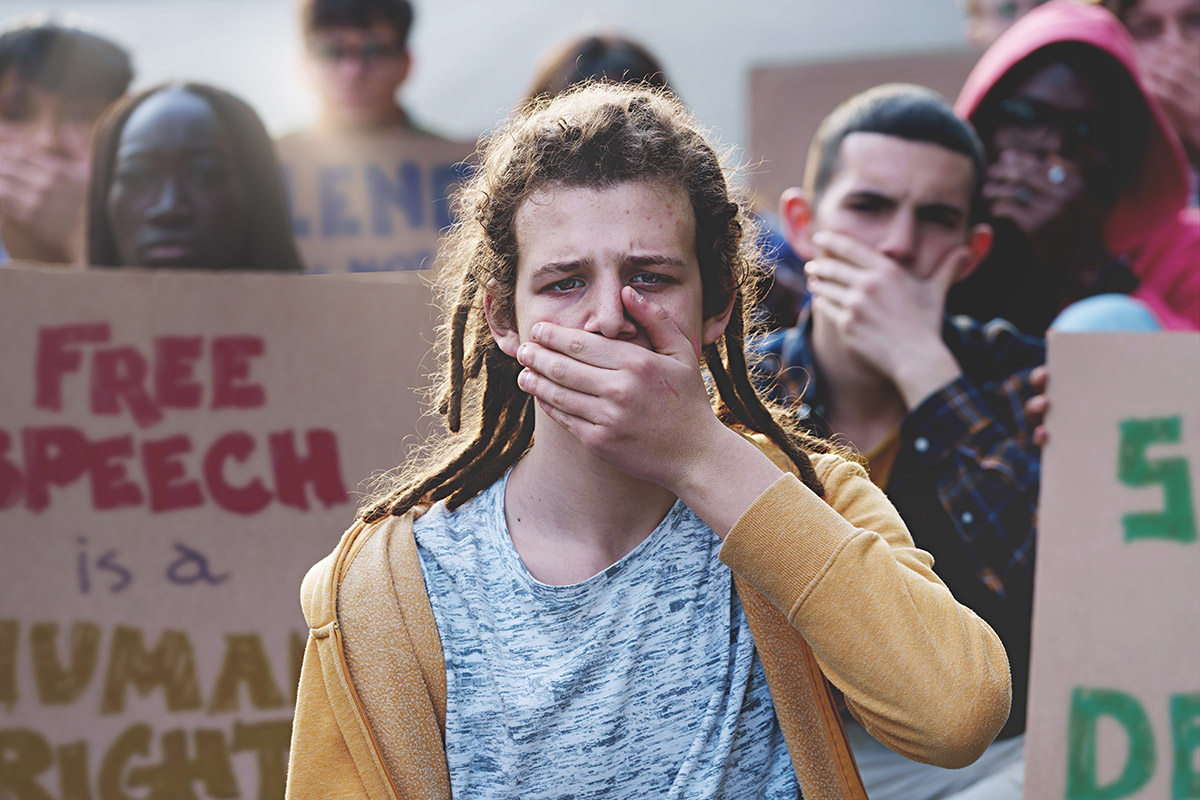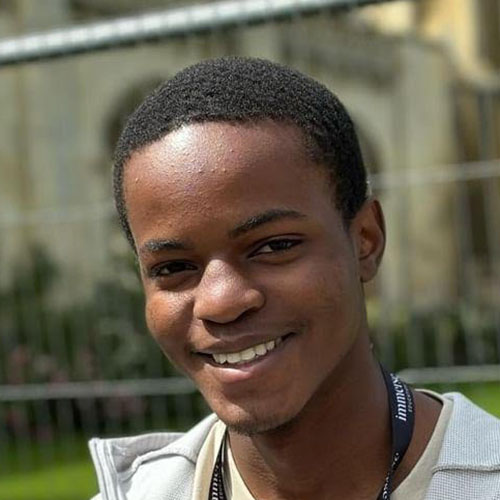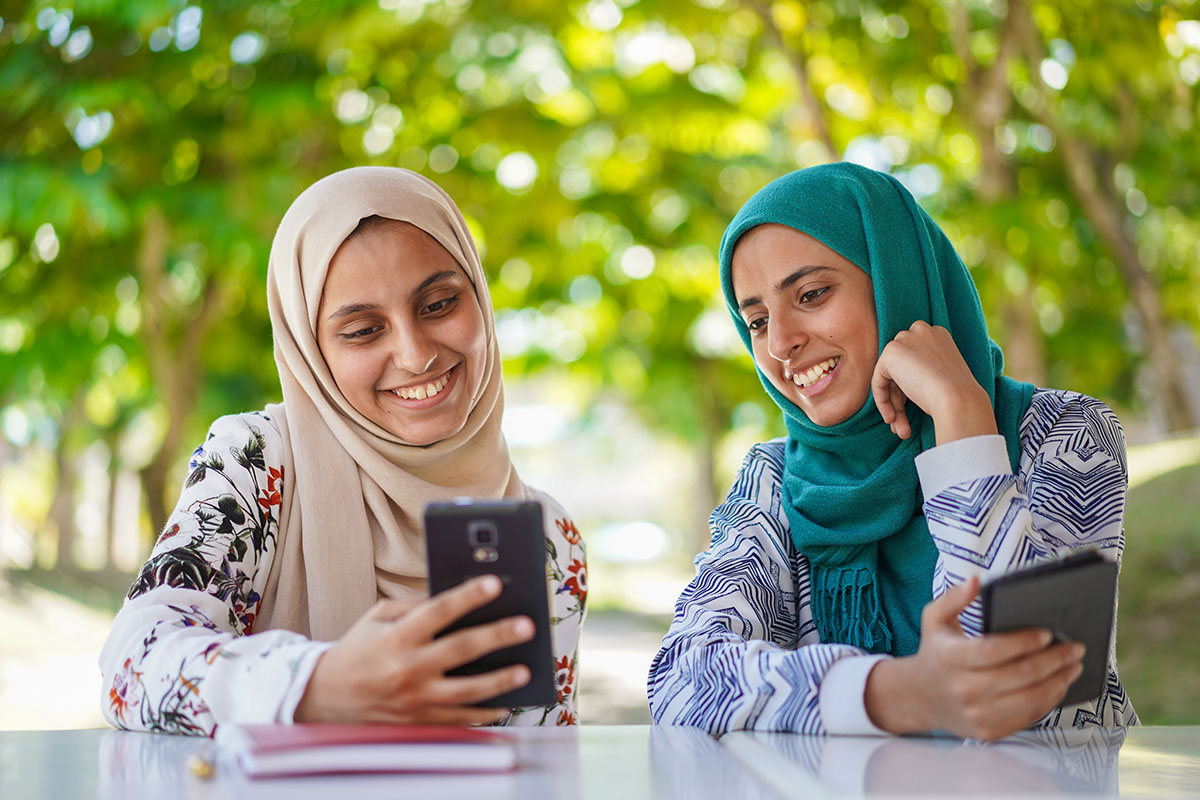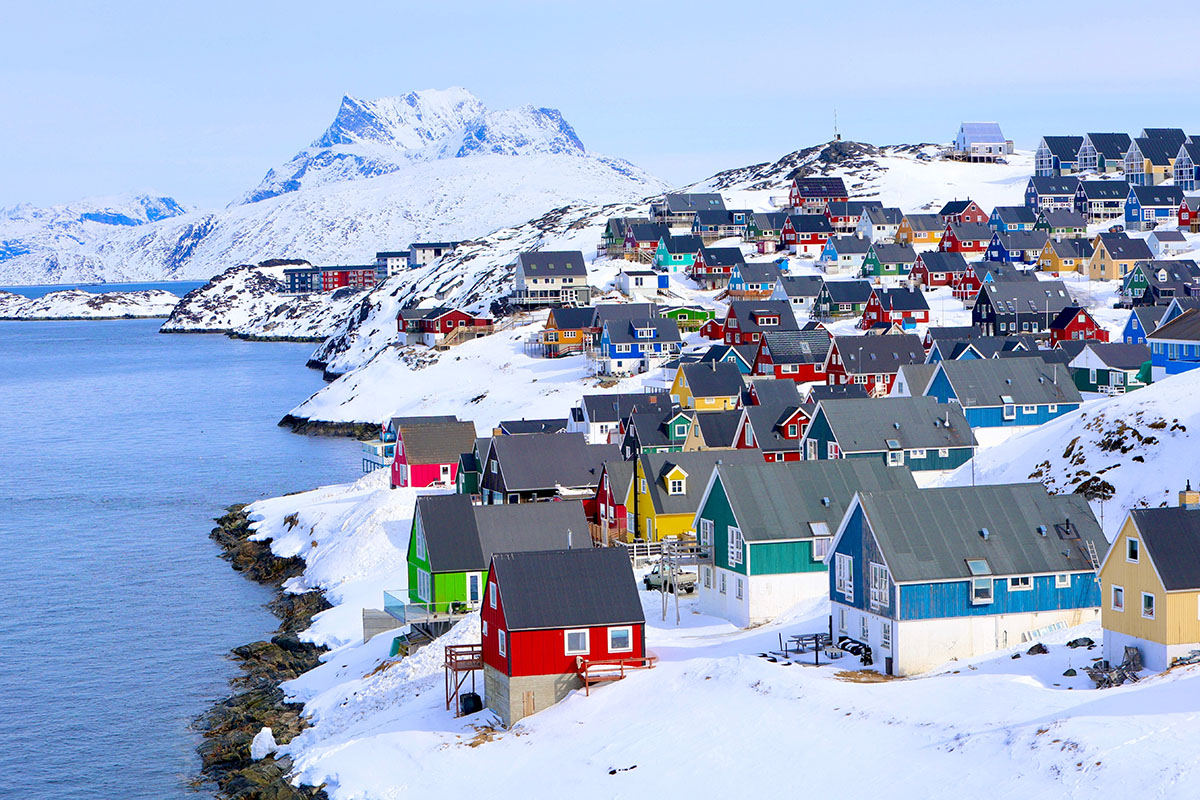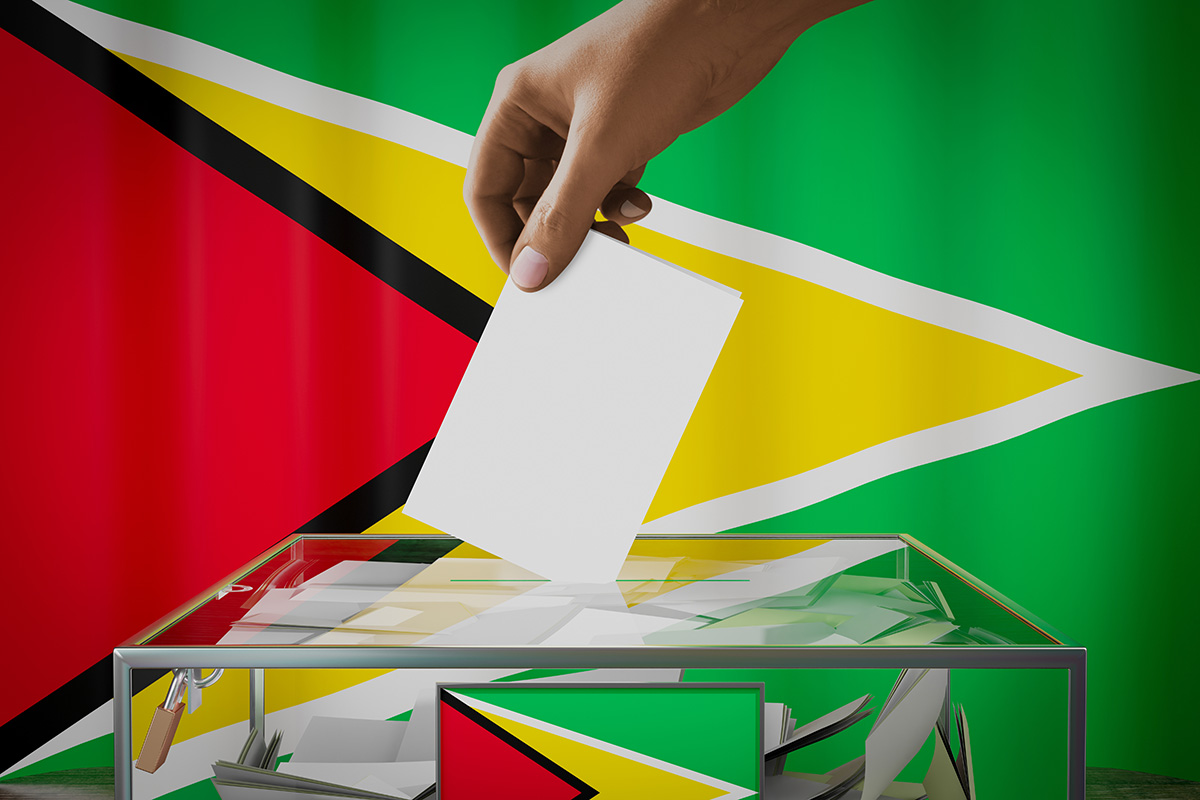Is Free Speech Truly Free?
June 21by Duncan Gaswaga
Freedom of speech, often considered the cornerstone of any democracy, is the liberty to express opinions without censorship, restraint or legal penalty. Today it is considered a fundamental human right and is included by multiple countries in their constitutions, one of the most famous being the First Amendment of the United States Constitution.
However, this freedom is not without its limits. Legally certain forms of speech such as obscene material, slander and speech deemed to be inciting illegal actions are not protected. In the United Kingdom for example, although freedom of speech is protected under the Human Rights Act, it can be restricted to prevent hate speech and protect the public interest. These restrictions are aimed at protecting individuals and the public from harm thereby balancing one person’s freedom of expression with another’s right to protection from harm.
Socially, the concept of free speech is limited by societal and cultural norms. Here, certain forms of speech or opinions are considered taboo by the society. The rise of social media has further complicated the landscape, as platforms have become arbiters of acceptable speech, often enforcing their own community standards. Political correctness has also become a powerful social force influencing the parameters of free speech. It mainly advocates language that avoids the potential to offend, particularly in relation to issues of race, gender and other personal attributes.
While the intention behind political correctness is to foster an inclusive environment, critics argue that it can lead to self-censorship and suppress open debate. Proponents claim that it is a necessary evolution of language that reflects a more aware and considerate society. Opponents on the other hand claim that it imposes a form of censorship that stifles expression and thought.
Political correctness can be seen as a societal effort to create more respectful and considerate communication between people, however when taken to extremes can lead to a culture of silence where individuals fear speaking out due to backlash which begs the question how do we strike a balance between avoiding offence and allowing open expression of ideas?
